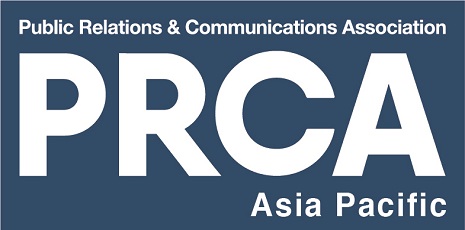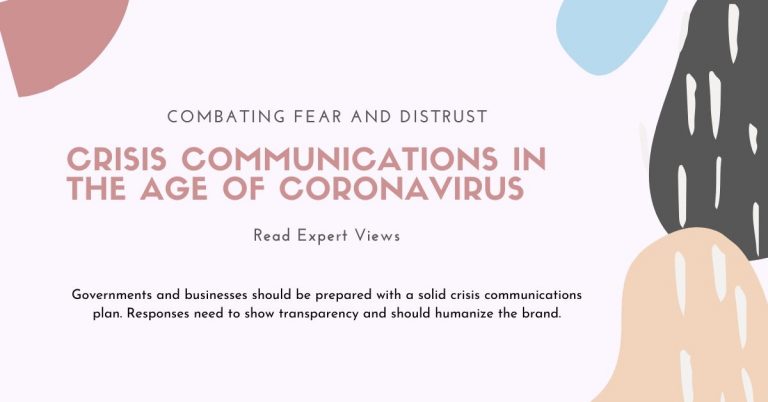Lars Voedisch MPRCA, Founder and Managing Director, PRecious Communications
Lars Voedisch, Founder and Managing Director of PRecious Communications, was featured in the ‘Analysis’ section of Marketing Magazine on February 10, 2020, in an article titled “PM Lee addresses coronavirus fears: Combating fear and government distrust”. On the same topic, he was also featured in the ‘Big Read’ section of Today Online on February 15, 2020, in an article titled “The Big Read in short: What to make of S’poreans’ panic buying amid COVID’19 outbreak?’
Earlier this month, the Ministry of Health raised the risk assessment situation of the COVID19 outbreak to DORSCON Orange. A necessary move to alert citizens, it ended up causing panic around the city. People started queueing outside grocery stores, and daily household items like toilet paper and cup noodles began flying off the shelves. In a move to calm the public, PM Lee urged the nation to fight through this situation together.
Here is Lars’ Comment as Featured in Marketing Magazine’s Article ‘PM Lee addresses coronavirus fears: Combating fear and government distrust’
“In Singapore’s case, the move by PM Lee was necessary to assure the nation that the government is in control and it’s the whole nation that needs to stand together,”
“Communications during crises need to be swift, and Singapore has witnessed a fair amount of white noise when it comes to addressing concerns given the rumours, speculation and fake news circulating.”
“A country’s leader should address citizens whenever there is a situation that creates worries and concerns among large parts of the population, clear words of reassurance are needed. Especially when there are signs of panicky behaviour are showing like the bulk purchasing of necessities at supermarkets, an authority has to step in as the voice of reason.”
“The government is doing a good job overall with regular updates, transparently sharing what is happening and the steps they are taking. Staying calm and showing concerted actions is the right approach to counter fear-mongering of people.”
“It seems that the government had not anticipated the kind of reaction the increase of the alert level to DORSCON Orange caused. So, it should now think about what kind of situations might arise if the number of infections or fatalities increase and should the alert level increase to DORSCON Red. This should be pro-actively addressed and not left to surprise the public as that might lead to more panic reactions.”
Here is Lars’ Comment as Featured in Today Online’s Article ‘The Big Read in short: What to make of S’poreans’ panic buying amid COVID’19 outbreak?’
“The panic-buying is triggered by one or two initial incidents which then get amplified by social media.”
“(This leads) to a snowball effect of more and more people thinking of it, then hearing from the first people acting on their fear, sharing about it and through that fuelling the whole panic.”
“Having the Prime Minister step in to address the public helped because it went beyond technocratic statements and directly addressed what people were concerned with.”
“While authorities should not get emotional when communicating, they have to be empathetically appealing to the hearts and minds of the audience.”
Why Are We Talking About This?
The government could not have handled this crisis any better. The way PM Lee addressed the nation was a textbook example of crisis communications. In times of high emotion – be it panic, anger, fear, or mistrust – communications need to be open, honest, and timely.
Despite all the praise PM Lee is receiving, the government should also have been wary of the impact of such sudden moves, especially with the existence of the dark side of the moon that is social media. Communications could also have been clear and concise, keeping in mind the varying levels of ability of the audience.
Governments and businesses alike should always be prepared with a solid crisis communications plan. Responses in such situations need to show transparency and should humanize the brand. However, what is even more important is to learn to filter the reactions that require a response. In PM Lee’s case, he ticked all those boxes.
Crisis communications experts from PRecious Communications weigh in on how companies should address employees’ as well as customer’s concerns, and should they now shift their marketing focus and re-shape their content and messaging. Read their views on How Brands Should Craft Their Communication Strategy for COVID-19.
This article was originally posted on PRecious Communications’ website.

